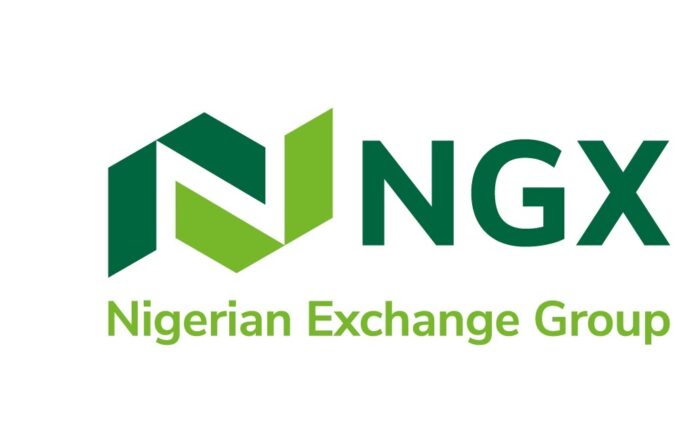The All-Share Index, which tracks the movement of all equities listed on the Nigerian Exchange Limited, rose by 34.11 per cent in the first six months under the administration of President Bola Tinubu.
This is a positive trend compared to the first six months under his predecessor, Muhammadu Buhari, when the ASI recorded a dip of 19.51 per cent, according to data from Statisense.
This was a negative trend that had been replicated four years earlier in 2010 when former president, Goodluck Jonathan took office and the ASI depreciated 22.57 per cent from 25,829.75 to 20,000.76
At the time, the Head, Financial Institutions Ratings at Agusto & Co, Ayo Olubunmi questioned, “What policies can they put in place to ensure this positive sentiment is sustained? We all know this sentiment, after the transition, after the new government comes into power, they will have like a brief honeymoon period in which either to sustain this positive sentiment or it will revert to a negative one.
“Don’t forget that after the 2015 election, when Muhammadu Buhari became the president, that positive sentiment was way much, then they were calling it the ‘Buhari effect’ and someone even nicknamed it ‘Buharieconomics’, but given the capital market attitude of the government then, we noticed that the sentiment was almost completely wiped away.”
Labelling it a positive spot for the Tinubu administration to launch its policies, Olubunmi said, ‘’They are not starting from ground zero but more work needs to be done. More efforts need to be put in place to ensure that that sentiment is sustained.”
Thus far, the sentiments had been sustained with the ASI crossing the historic 70,000 basis points in early November.
While some analysts noticed that investors had brushed aside projections of mixed sentiments, foreign exchange concerns and the macroeconomic headwinds in the market to focus on the impressive third-quarter results of listed companies, the Managing Director of Wyoming Capital, Tajudeen Olayinka, said that the decision of the Supreme Court putting to rest contentions about Nigeria’s presidency was also a factor in the bullish run of the capital market, which resulted in the historic high.
“The moment the litigation around the presidency was settled, it was believed that there would be no more distractions around the President and he could focus on the economy and those things that would affect the market positively.
“Secondly, the third quarter results from some of these public companies, especially the banking sector, we saw significant improvement perhaps because of the forex revaluation gains,” he said.
According to Statisense which tracked the performance of the ASI for the first six months of each administration from 1999 till date, the Tinubu administration had recorded the highest positive outcome for the ASI.
The report revealed that the first six months of former president Olusegun Obasanjo’s administration saw the ASI grow by 3.38 per cent to 5,108.08 from 4,919.51. The ASI grew by 10.10 per cent during the first six months of the late President Umaru Yar’Adua.
Speaking at the induction ceremony of new dealing clerks, the Chief Executive Officer of the NGX, Temi Popoola, said that the outlook for the market was positive, given the disposition of the government.
He said, “I do genuinely believe that when you look at everything, we have today a central bank governor who is pretty much like one of us. We have a finance minister who is like one of us. We have a president who also understands what capital markets do. You have several people in the infrastructure ecosystem, MOFI is an example, they understand what we’re doing. They’re one of us, and we’re at a point where we have been waiting for a very long time, where capital markets are needed to stimulate the growth of our country and the people.”
Meanwhile, credit rating agency, Moody’s Investors Service has moved Nigeria’s credit outlook from stable to positive.
In its latest statement on Friday, the credit rating firm said the upgrade was due to the possible reversal of the deterioration in Nigeria’s fiscal and external position as a result of the authorities’ reform effort.
Moody’s said that the devaluation of the Naira and the removal of fuel subsidy were key factors for Nigeria’s new rating.
“The positive outlook reflects the possible reversal of the deterioration in Nigeria’s fiscal and external position as a result of the authorities’ reform efforts,” part of the report said.
While the market had seen some delisting in the period under review including Glaxo SmithKline Consumer Nigeria, P Z Cussons Nigeria, Union Bank of Nigeria and others, some companies have also listed on the market; Nigeria Infrastructure Debt Fund managed by Chapel Hill Demham, VFD Group and recently, MeCure Industries.




















